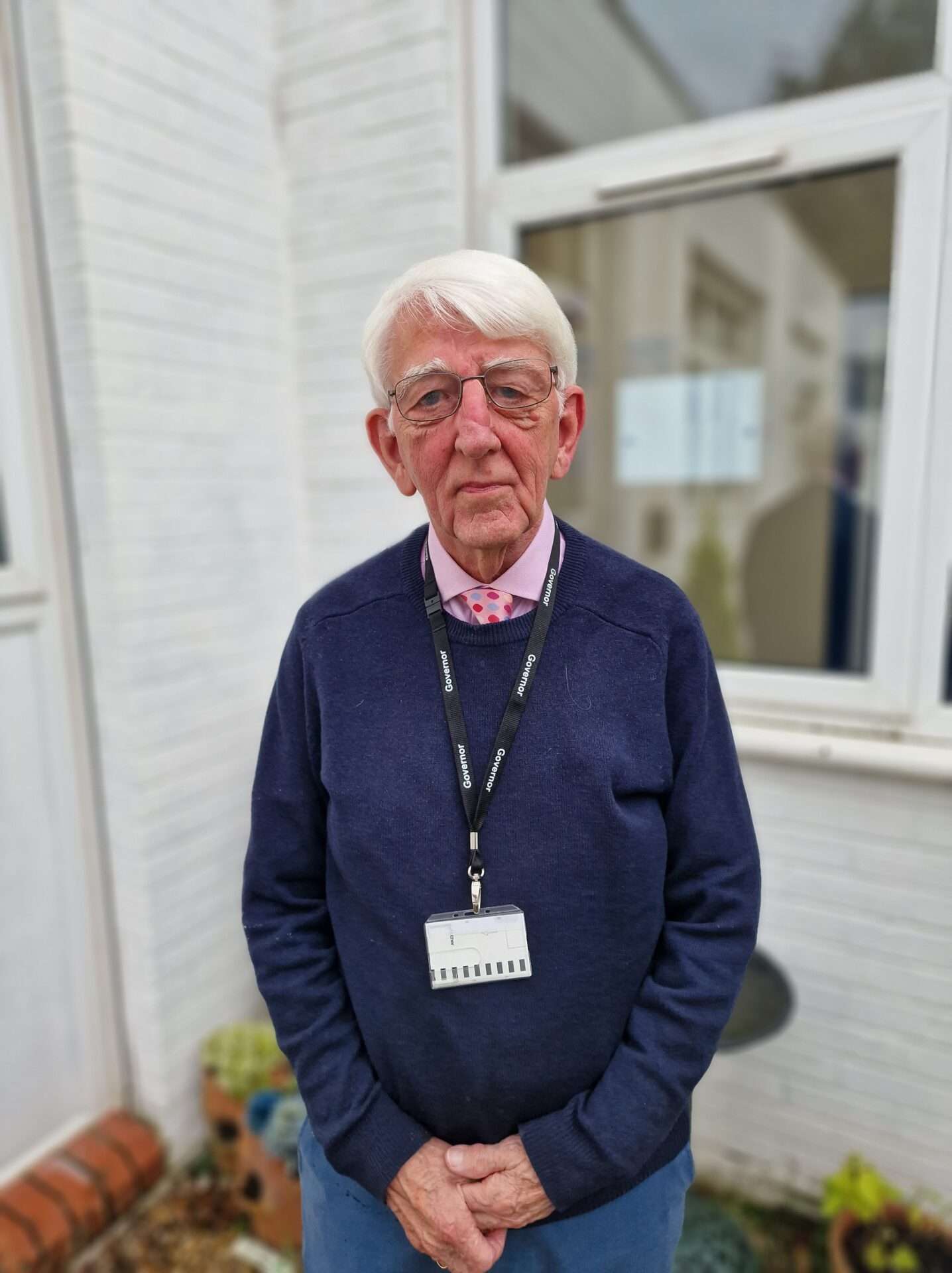Who we are
Governors

Mrs. Sue Devereux
Chair of Governors

Mr. Peter Waters
Foundation Governor

Mrs. Helen Yates
Foundation Governor

Mr. Adrian Anwyl
Foundation Governor

Mrs. Helen Pinnington (TBC)
Foundation Governor

Mrs. Jane Ooi
Foundation Governor

Mrs. Elizabeth Parsons
Foundation Governor

Mr. Scott Maclean
LA Governor

Mr. Phil Mears
Associate Governor

Mr. Carl Pomford
Parent Governor

Ms. Cathy Crilly
Parent Governor

Mr. John Johnson
Staff Governor

Mr. Mark McQuiston
Headteacher

Mr. Darren Tyms
Clerk to the Governors
What is the role of the Governing Body?
The Governing Body of any school is a voluntary, unpaid group that represents the school community.
Its role is to be a ‘critical friend’ to the management of the school, asking questions about decisions made regarding areas such as Religious Education, curriculum, standards, pupil and staff welfare. It also provides an overall strategic view of the school and ensures accountability to all stakeholders (children and families, staff and community).
In Catholic, Voluntary Aided (VA) schools, the Governing Body is also the employing body in the school.
Our Lady of Good Help is a Catholic School and so is classed as ‘voluntary aided’ (VA). It was set up by the Catholic Church to educate the community and the land on which the school is built is owned by Liverpool Archdiocese who also maintain the building. The Governing Body make decisions on behalf of Liverpool Archdiocese and so the majority of the Governors are appointed by the Parish. These Governors are called Foundation Governors.
The Structure of the Governors
The number of members of the Governing Body is set out in the ‘Instrument of Government’. Our Lady of Good Help Governing Body has 12 members:
- 7 Foundation Governors (appointed by Liverpool Archdiocese);
- 2 Parent Governors (elected by the parents of the school);
- 1 Staff Governor (elected by the staff of the school);
- 1 Local Authority Governor (appointed by Liverpool LA);
- The Head Teacher.
The usual term of office for each member is 4 years, apart from the Head Teacher, who is a member as long as they are in post.
What does it involve?
- Attend full governing body and relevant committee meetings (2-3 meetings per term);
- Prepare for meetings by reading papers beforehand;
- Use your skills and experience in everyday life to help make Governing Body decisions;
- Agreeing school policies;
- Contribute to meetings via discussion, preparation and taking on responsibilities;
- Holding the Headteacher to account;
- Being loyal to the decisions made by the governing body;
- Respect the confidentiality of governing body affairs.
All decisions of the Governing Body must be made with regard to the Catholic ethos of the school. As the Foundation Governors are the representatives of Liverpool Archdiocese, they must be in the majority in each meeting.
How do I contact the Governing Body?
You can contact the Governing Body by letter or email via the school office.
The Governing Body can only make decisions collectively as a group and not individually, therefore no queries can be discussed until the relevant school procedures have been followed through the teachers and management of the school.
It is a common misconception that Parent Governors are elected to bring individual parent issues to the Governing Body. This is not the case and Parent Governors are also obliged follow school procedures and cannot ‘solve a problem’ for individual parents. Parent Governors are members of the Governing Body to use their experience as parents to help make Governing Body decisions.
Why become a governor?
- It provides an opportunity for you to have a voice in how the school is governed;
- To develop new skills and knowledge;
- To work in a team alongside other members of the governing body;
- It is interesting and rewarding in knowing that your efforts contribute to the whole school community in promoting Gospel Values and making sure every child receives the best possible education and reaches their potential.

